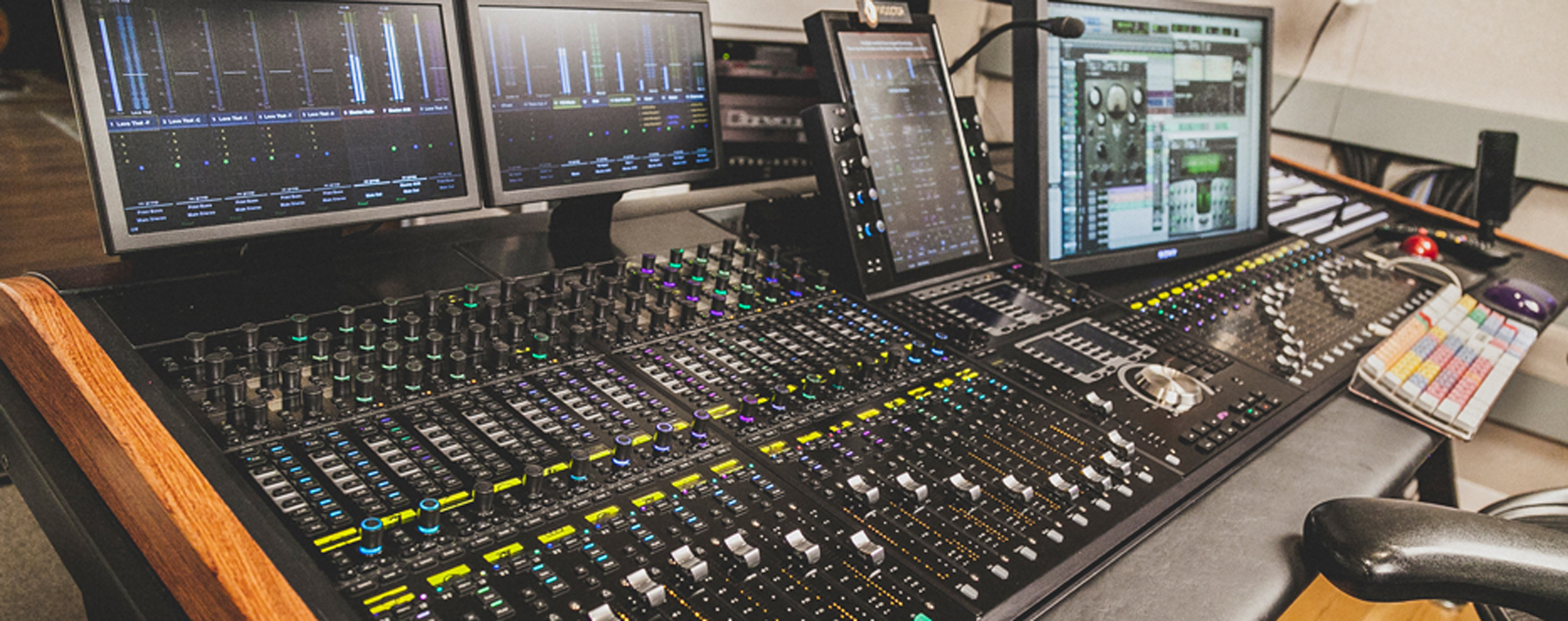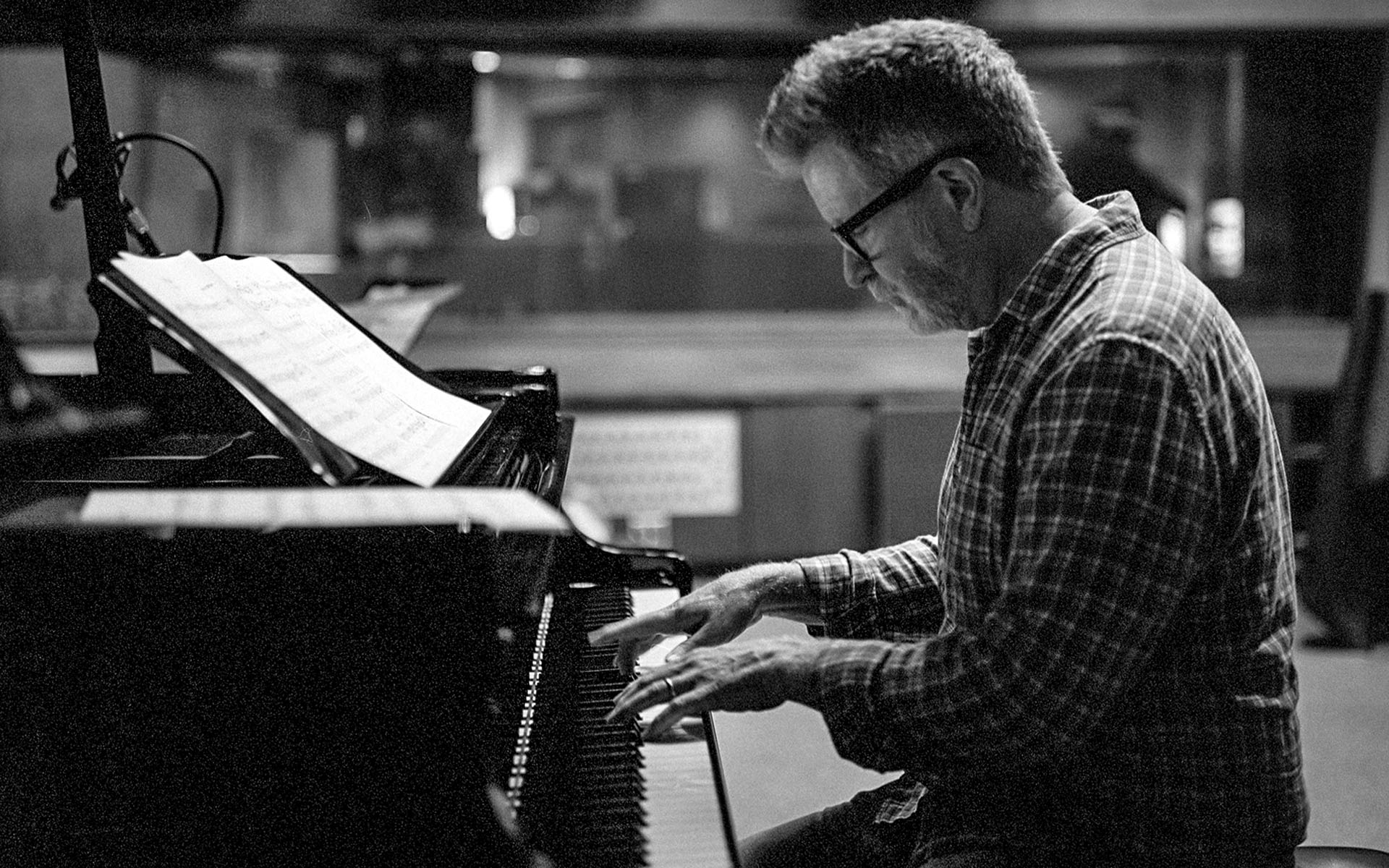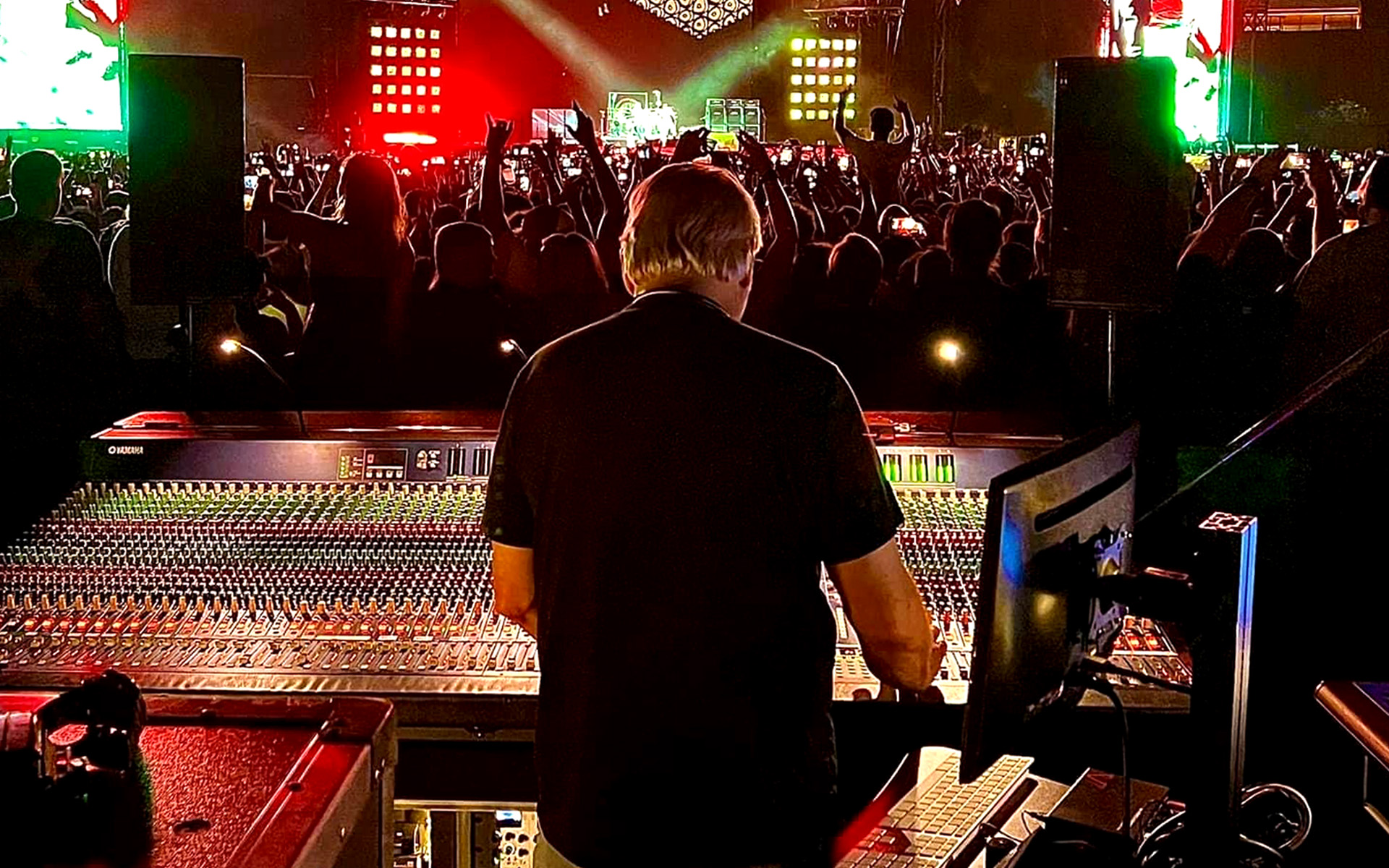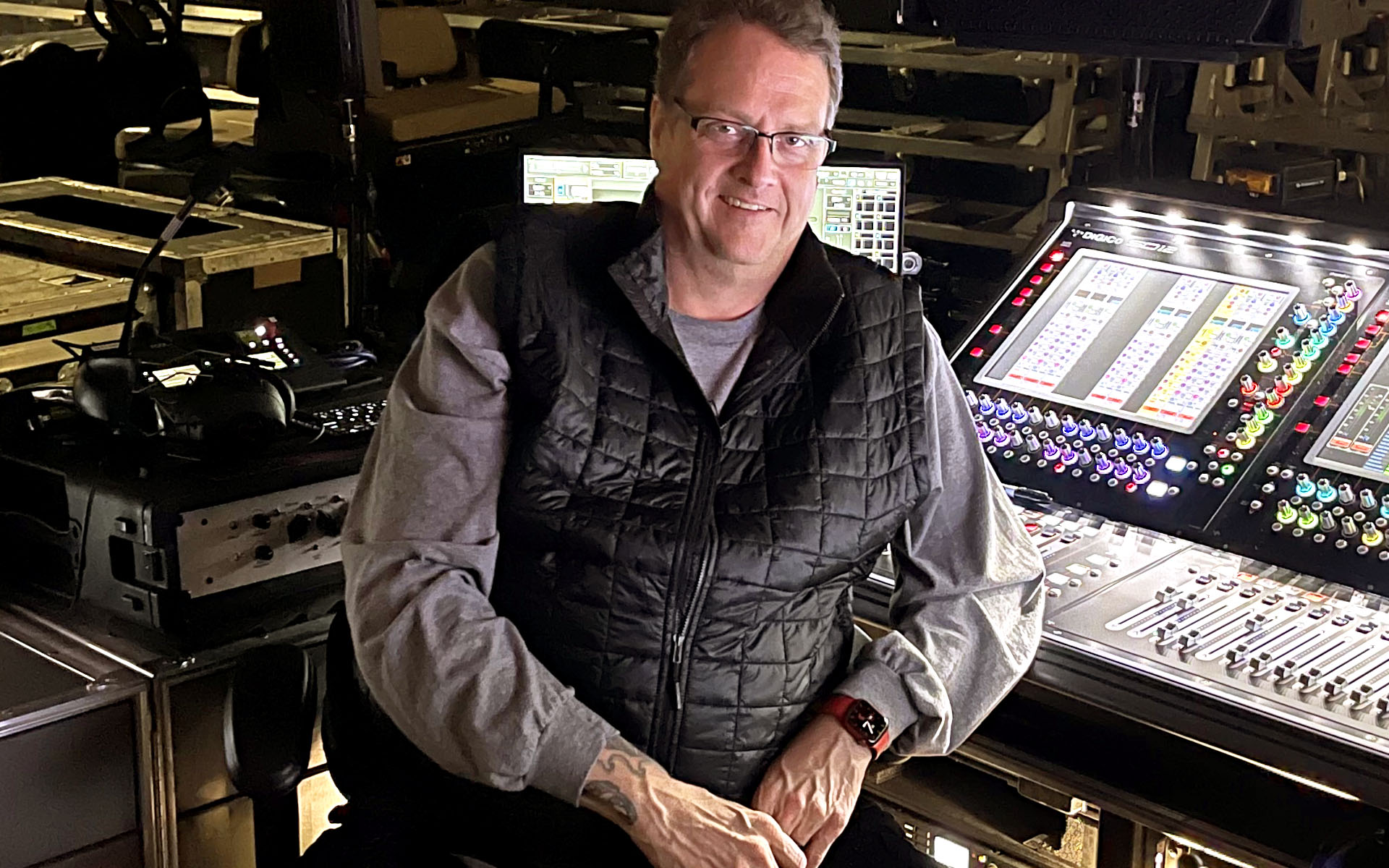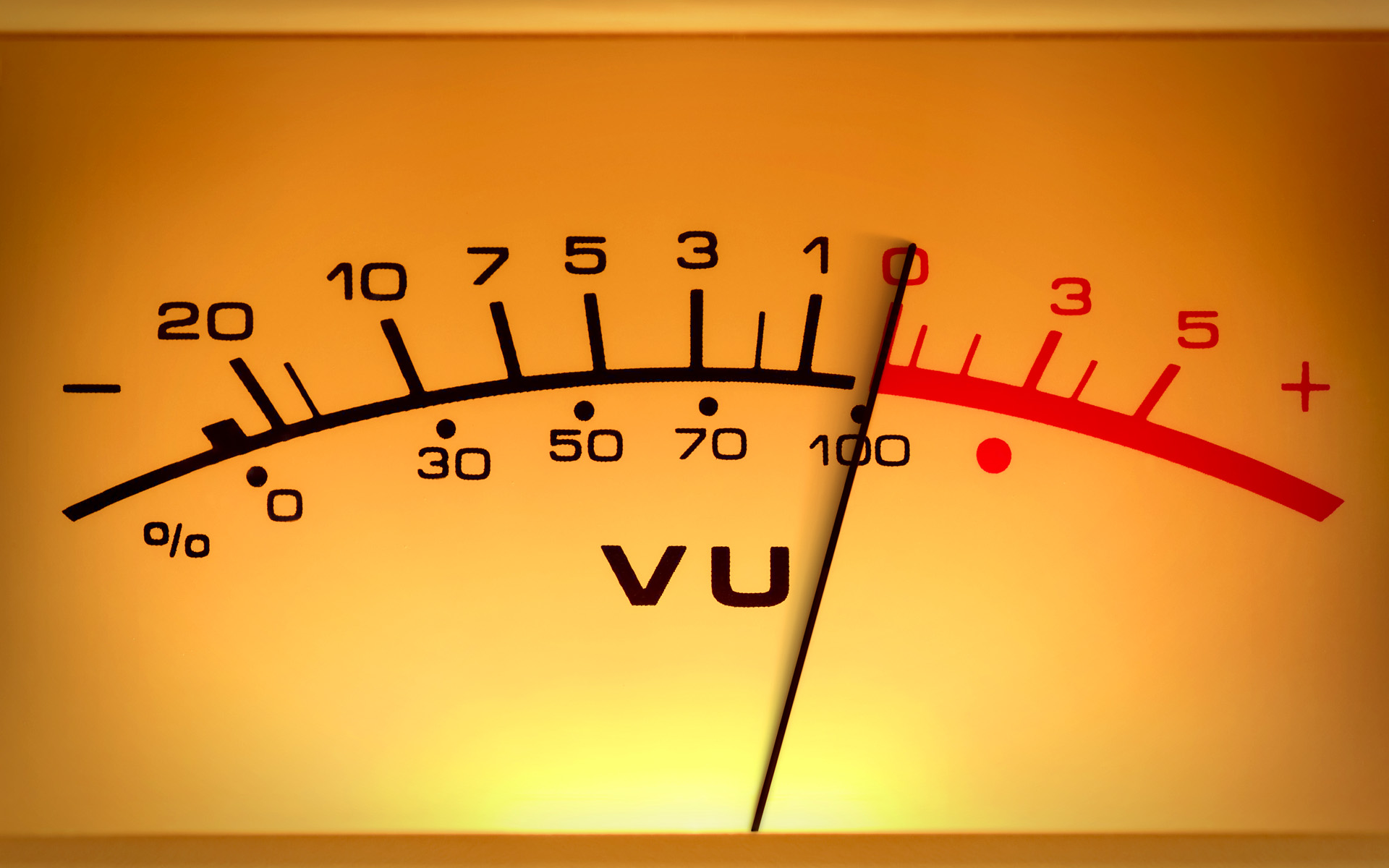A common question I hear from students is, “Do I need to hire a mastering engineer?” The answer is, it really depends; it depends on what you’re trying to accomplish. If you’re just making some homemade CDs to pass out to friends or sell at your gig, you don’t need to spend the money on a mastering engineer. If you’re submitting your songs to a music library, your songs need to be mastered, but you might be able to do this yourself using some of the awesome mastering software programs available (such as iZotope’s Ozone, which I highly recommend).
TAKE THE AUDIO MASTERING TECHNIQUES COURSE WITH BERKLEE ONLINE
I’m certainly no mastering engineer but I’ve mastered a lot of my own songs that have gone on to be featured in T.V. shows and movies. However, if you’re planning on pressing up 1,000 or more mass produced CDs, or sending your album out to major online retail platforms (such as iTunes and Amazon) for worldwide distribution, and your album is important to you (of course it is), spending the cash to hire a great mastering engineer is essential.
After writing, producing, and mixing the fourteen songs on my album (12-Bit Justice League), I had seriously had it with listening to my own tracks over, and over, and over again. So, when I finally made the decision to spend the thousand or more to hire an experienced mastering engineer, I breathed a big sigh of relief. Even though it would be a significant dent in my pocketbook, I knew the right mastering engineer would be worth the price.
My choice of a mastering engineer was Michael Denten at Infinite Studios. Uploading my project to him was an exciting moment because I knew he would listen to my project with fresh ears, in a completely different studio, and give me some honest feedback on my mixes. Having worked with Denten for a few years in the ’90s, I knew how he liked his mixes — phat and present. I knew that with his extensive experience working with some of the biggest names in hip-hop, from Digital Underground to E-40, that he would naturally bring this big, round, bass heavy sound to my project. And, I was confident that my project would benefit from this sound. It’s critical to choose the right mastering engineer for a project, because as much as the right mastering engineer can blow up your sound, the wrong mastering engineer can totally screw up your sound.
Denten was busy so it took him a while to get to my project, but when he did take his first listen he opened up my eyes and ears to some mistakes that I had made in my mixes. I figured he would have some suggestions, and I figured there was no way I was going to nail all my mixes right out of the gate, so I was able to listen to his feedback with an open mind. You’ve got to remove your ego from the equation in order to hear blunt feedback on your own material, especially material you’d been working on for months and months. You’ve got to remember that this is about what’s good for the song, not what’s good for your ego. Denten didn’t disappoint. He took me to school and made suggestions that where spot on and really helped me to improve my mixes. Let me paraphrase some of his suggestions so you understand what I’m talking about.
- “This song is muddy in the 500 Hz range, you need to clean this up.”
- “What happened to the kick drum here, it’s leaning to one side.”
- “The lead vocals are way to dry on this song, they’re not sitting in the mix right.”
- “The drum loop in this song isn’t punching through the mix enough, you need to split it out to different tracks so that you can treat the high, mid, and low frequencies separately.”
- “You need to add some sub bass here for more bottom end. You should use the Waves MaxxBass plug-in.”
- “Your mixes aren’t very wide. Don’t be so conservative on your panning, spread things out.”
Some pretty blunt criticisms, and those were just the main ones. There were many other smaller, equally helpful suggestions that he made throughout the process.
After receiving his initial feedback, I went back to my studio and made the changes. My mixes sounded so much better, and, as a result, my masters sounded a whole lot better, and my entire album sounded better. Thank you, Mr. Denten! This is what a great mastering engineer can do for your mixes before they’ve even touched them, they can be a second set of ears and give you crucial feedback to help you improve your sound. Then, when they actually do their job and master your music, your songs are going to sound a whole lot better than if you had skipped this step and gone straight to mastering all of the tracks on your own. So, if you’re serious about releasing an album worldwide, and you plan to spend the money on physical CDs, or major online distribution, don’t skip this step. Hire an experienced mastering engineer to take your project to the next level.
STUDY MUSIC PRODUCTION WITH BERKLEE ONLINE





